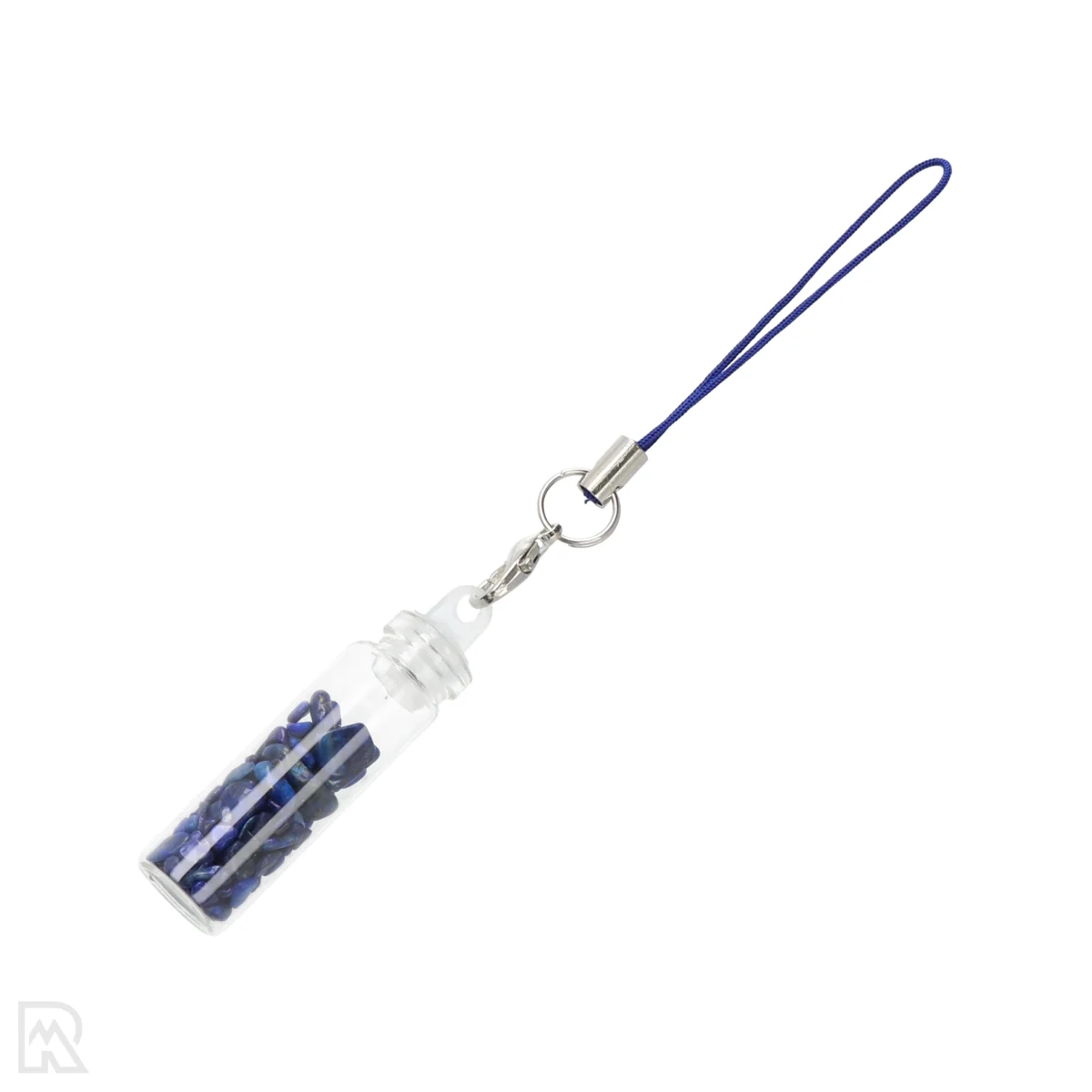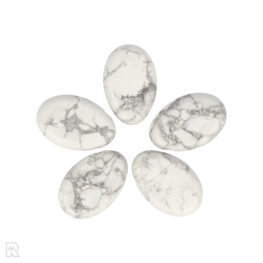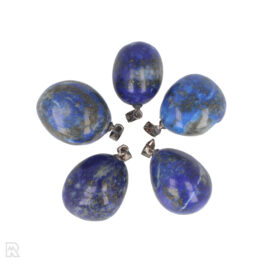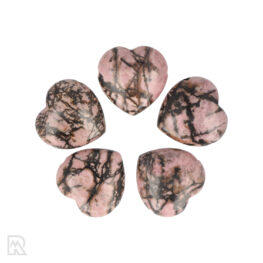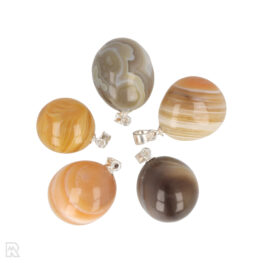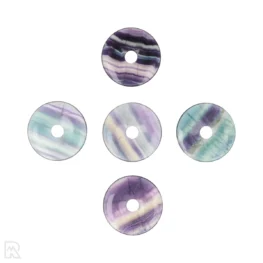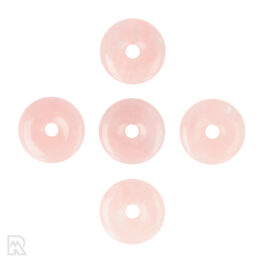| Gewicht | 0,05 kg (50 gr) |
|---|---|
| Dimensions | 1,1 × 1,1 × 3,5 cm |
| Sales Unit | |
| Type | |
| Form | |
| Origin | |
| SKU | 5855 |
Lapis Lazuli Lucky Bottle
Lapis Lazuli Lucky Bottle from China
Lapis Lazuli
Lapis Lazuli is a deep blue rock composed mainly of the mineral lazurite, often accompanied by calcite and pyrite. The stone has been in use for jewellery, sculpture and pigment for thousands of years, and was particularly prized in ancient times for its intense colour. Small golden inclusions of pyrite give lapis lazuli a characteristic speckled appearance.
Lapis lazuli is mainly mined in Afghanistan, especially in Badakhshan province. Other deposits include Chile, Russia and Pakistan. The rock is formed by metamorphic processes in which limestone changes under high pressure and temperature. Its hardness is between 5 and 5.5 on the Mohs scale.
Sources:
Mindat.org, Gemdat.org, Wikipedia - Lapis lazuli
Selenite
Selenite is a clear to translucent variety of the mineral gypsum (CaSO₄-2H₂O). It is known for its glassy to pearly luster and often fibrous structure. A common form is selenite, which has a silky luster and occurs in long, fibrous crystals. Despite its name, selenite has nothing to do with the element selenium; the name is derived from the Greek word for moon, because of its soft luster.
Selenite forms in sedimentary environments during the evaporation of seawater and is found in countries such as Mexico, Morocco, the US and Australia. It is a soft mineral with a hardness of 2 on the Mohs scale, making it easy to work by hand. Almost all selenite sold on the Dutch market is satin spar; however, selenite is a market-accepted sales name.
Sources:
Mindat.org, Gemdat.org, Wikipedia - Selenite
